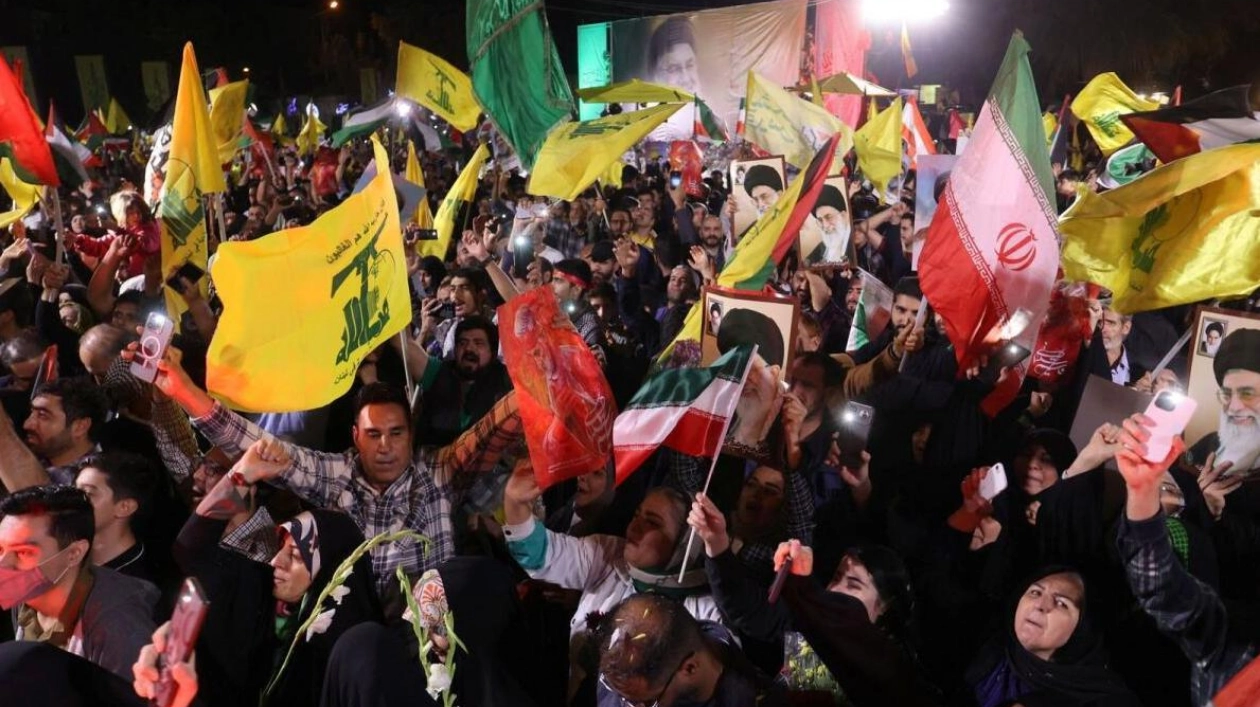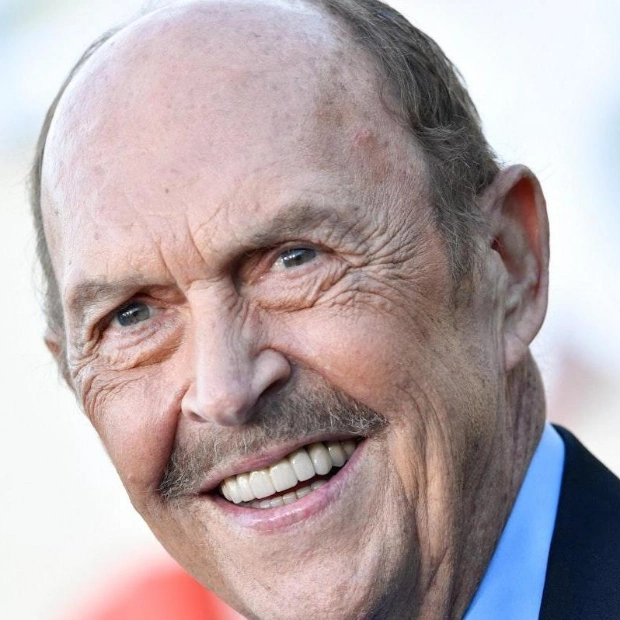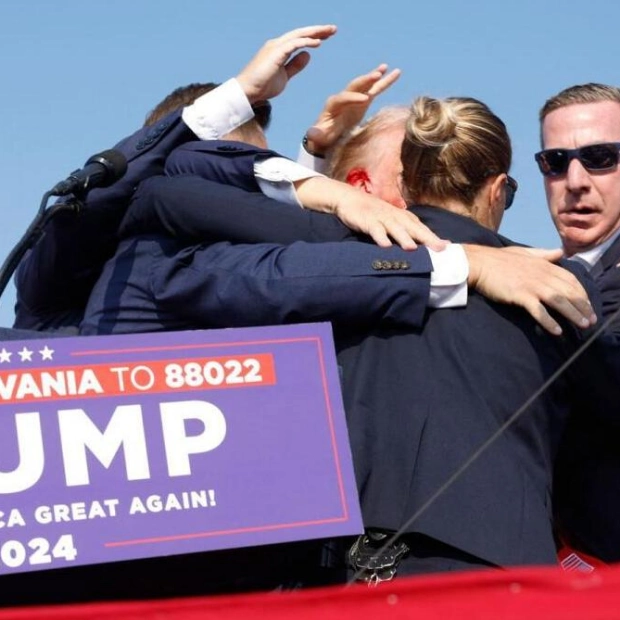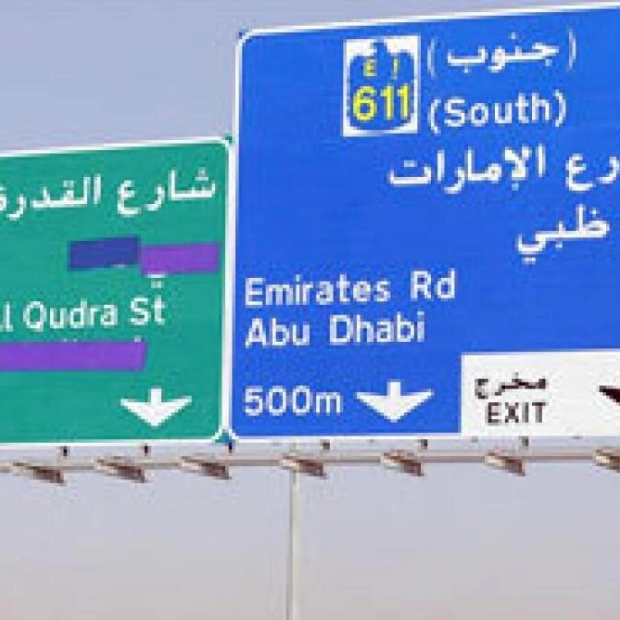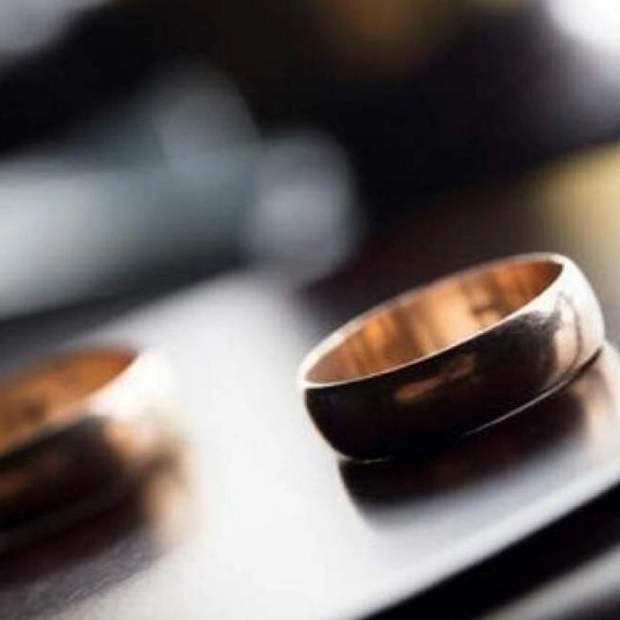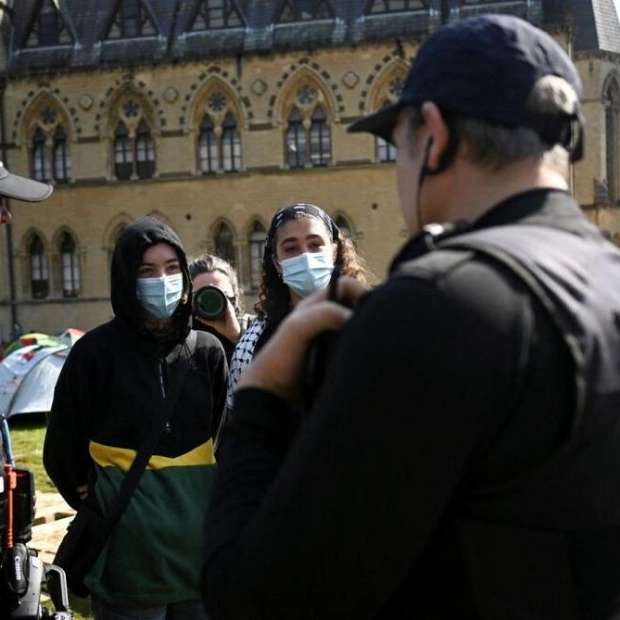World leaders have called on Iran and Israel to de-escalate tensions after Tehran launched a barrage of rockets at its arch-rival. Tehran claimed the attack, which coincided with Israel's ground invasion against Iran-backed Hezbollah in Lebanon, was in response to the killing of Iranian-backed militant leaders. This marked the second time Iran has directly attacked Israel, following a missile and drone assault in April in retaliation for an Israeli air strike on the Iranian consulate in Damascus.
United Nations Secretary-General Antonio Guterres condemned the escalating conflict in the Middle East, particularly as Israel's conflict with Hezbollah widens alongside its ongoing war with Palestinian Hamas militants in Gaza. Guterres emphasized the need for a ceasefire, stating, "This must stop. We absolutely need a ceasefire."
As the attack unfolded, President Joe Biden ordered the US military to support Israel's defense against Iranian attacks, according to a White House statement. US Secretary of State Antony Blinken described the attack as "totally unacceptable" and called for global condemnation. Initial reports suggest that Israel, with the support of the United States and other partners, effectively repelled the attack.
Israel vowed to retaliate, with Israeli military spokesman Rear Admiral Daniel Hagari stating, "This attack will have consequences. We have plans, and we will operate at the place and time we decide." Meanwhile, Hamas praised Iran's attack, viewing it as revenge for the deaths of their leaders.
International leaders, including Spanish Prime Minister Pedro Sanchez, German Foreign Minister Annalena Baerbock, and French Prime Minister Michel Barnier, have all called for restraint and an end to the violence. British Prime Minister Keir Starmer also condemned Iran's attack and expressed the UK's commitment to Israeli security.
Canadian Foreign Minister Melanie Joly and the Kremlin both condemned the attacks, with the Kremlin urging all sides to exercise restraint. India expressed deep concern and urged for dialogue and diplomacy to address the conflict. Saudi Arabia and Japan also voiced their concerns, with Japan's new Prime Minister Shigeru Ishiba calling the missile attacks "unacceptable."
